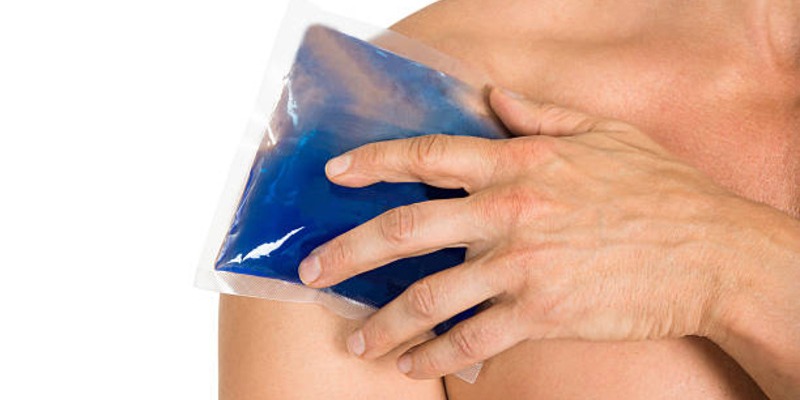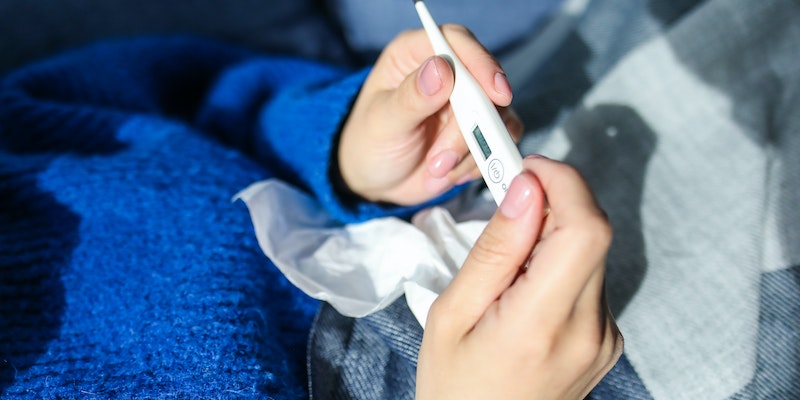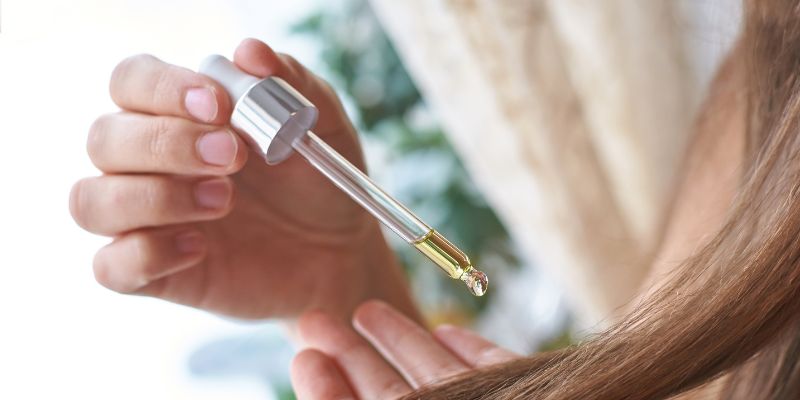Eczema is a group of skin conditions that cause itchy, dry skin, rashes, scaly regions, blisters, and sometimes skin infections. It includes atopic, contact, dyshidrotic, nummular, seborrheic, and stasis dermatitis. Skin color affects eczema appearance. It may appear as flushed, inflammatory spots on lighter skin or brown, purple, gray, or ashen on darker skin. Itching dominates regardless of type or appearance.
Over 31 million Americans have eczema. Anyone can develop it, from infants to seniors. Babies might show symptoms within their initial months of life. As children grow, those with eczema can have dehydrated skin patches, and the persistent itch might lead to blisters and infections due to constant scratching. While adults are not immune, it's noteworthy that eczema commonly emerges in one's 20s or after the age of 50 for adult-onset cases.
Eczema Types
Eczema manifests in several distinct forms, each with unique factors that can compromise the skin barrier. These include:
- Atopic dermatitis
- Contact dermatitis
- Dyshidrotic eczema
- Neurodermatitis
- Nummular eczema
- Seborrheic dermatitis
Interestingly, individuals can simultaneously experience multiple types of eczema.
Root Cause of Eczema

The exact root cause of eczema can be complex and vary from person to person. Some principal factors include:
1. Immune System
Those with eczema often have an immune system that responds aggressively to minute irritants or allergens present in their surroundings. Upon exposure to such triggers, the immune system perceives them as harmful agents, akin to bacteria or viruses, leading to a defense response. Consequently, inflammation ensues as a protective measure, manifesting as eczema symptoms on the skin.
2. Genetics
Eczema can run in families. If you have family members with eczema, dermatitis, asthma, hay fever, or particular allergies like pollen, food, or pet dander, your risk may increase. Some genetic variations reduce the skin's natural protective barrier, making it less efficient.
3. Environment
The surroundings you inhabit can house numerous elements that aggravate the skin. Examples encompass:
- Exposure to pollutants, like smoke and airborne contaminants
- The use of aggressive soaps or skincare products
- Certain fabrics, notably wool
- Prolonged exposure to dry atmospheres or extreme temperatures
Additionally, while dry conditions can parch and irritate the skin, excessive heat and humidity might intensify sweating, exacerbating itchiness. Moreover, numerous triggers from the environment might instigate or worsen eczema, such as:
- Prolonged contact with dry, extremely hot, or cold environments
- Certain soaps, dandruff-causing shampoos, bubble baths, body washes, and facial cleansers
- Laundry products laden with chemicals, like detergents and fabric softeners
- Fabrics like wool and polyester are standard in clothes and bedding
- Certain household cleaners and disinfectants
- Juices from specific fruits, veggies, and meats
- Scented candles
- Certain metals, with nickel being a notable culprit in jewelry and cutlery
- Chemicals like formaldehyde in disinfectants, glues, and even some vaccines
- Antibacterials like isothiazolinone in products such as baby wipes
- Cocamidopropyl betaine, a thickening agent in many shampoos and lotions
- Chemicals like paraphenylenediamine, prevalent in leather dyes and some temporary tattoos
- Presence of dust mites or living in unsanitary conditions
4. Stress and Mental Health
Mental well-being plays a significant role in skin health. Heightened stress, anxiety, or feelings of depression can instigate or escalate eczema flare-ups. Thus, managing emotional health is crucial for individuals with eczema. High levels of stress can kickstart inflammation within our body, which, in turn, can amplify the symptoms of eczema. As the stress piles up, eczema patients might notice their skin reacting more aggressively. Stress management can change the game in our fight against eczema.
We all experience stress from work, personal issues, or unexpected events. However, how our body responds to this stress can differ. For someone with eczema, the skin might be the first to show signs of this internal turmoil. Therefore, introducing relaxation techniques, staying active, and seeking support can benefit mental well-being and skin health.
Eczema Symptoms
Eczema manifestations can vary widely among individuals. Because skincare routines can affect how the illness affects the skin, such as eczema on eyelids, one person's experience may be very different from another's. Eczema can change form and location over time, and different varieties can emerge in different body areas.
One consistent symptom of eczema is itchiness, clinically referred to as "pruritus." The severity of the itch can span from mild to intense. Some individuals might find the itching so unbearable that they scratch the area to the point of bleeding, leading to what's known as the "itch-scratch cycle."
Common eczema symptoms encompass:
- Persistent itchiness
- Skin that feels dry and sensitive
- Redness or discoloration
- Rough texture, sometimes resembling leathery or scaly patches
- Discharge or crust formation on the skin
- Swollen patches
While some may experience all the above symptoms, others might only exhibit a few. Eczema's appearance can also vary based on skin tone. In those with lighter skin, eczema might appear red, but in people of color, it can manifest as ashen, gray, brown, or even purple. Notably, Black Americans often report more intense eczema symptoms.
Remember that eczema and psoriasis are different illnesses, but their symptoms can seem similar. Many eczema sufferers report hay fever or food allergy symptoms. To keep eczema under control, consistent and appropriate skin care is paramount.
Awareness about eczema herpeticum causes can empower individuals to take preemptive measures. While eczema is challenging, being cautious during herpes simplex outbreaks can reduce the risk of eczema herpeticum. It's vital to remember that early detection and timely medical intervention can significantly mitigate complications and discomfort.
Managing Eczema Flares

Effectively handling eczema flare-ups often involves a few fundamental steps:
- Being aware of and steering clear of personal triggers
- Establishing and adhering to a routine of bathing and moisturizing
- Consistently applying OTC creams and prescribed medications as directed.
Many have found relief with natural and alternative methods such as:
- Baths with a mild bleach solution
- Cryotherapy sessions
- Application of medical-grade honey
- Meditation practices
- Acupuncture treatments
Before exploring natural or alternative treatments, it's essential to seek guidance from a healthcare expert to ensure safety and efficacy.

What is a Posterior Pelvic Tilt
Jul 31, 2023

Discover the Top 12 Health Benefits of Incorporating Corn into Your Diet
Nov 08, 2023

Dialectical Behavior Therapy (DBT): A Beacon for Emotional Regulation
Oct 04, 2023

Top 10 Health Benefits of Incorporating Black Beans into Your Diet
Nov 08, 2023

Effective Shoulder Strengthening Exercises for Robust Musculature
Nov 09, 2023

Is Watermelon Good For Diabetes
Jun 22, 2023

Best Insoles for Plantar Fasciitis
Jul 31, 2023

The Truth About Silicone Patches: Can They Really Reduce Wrinkles and Scars Overnight?
Sep 14, 2023

Uncovering the Health Wonders of Watermelon
Nov 07, 2023

Exercising with a Cold: Yay or Nay?
Nov 04, 2023

6 Natural Hair Treatment Tips for Hair Growth: An Ultimate Guide
Oct 17, 2023

What are the benefits of Fish Oil for Hair and How to Use It
Oct 17, 2023